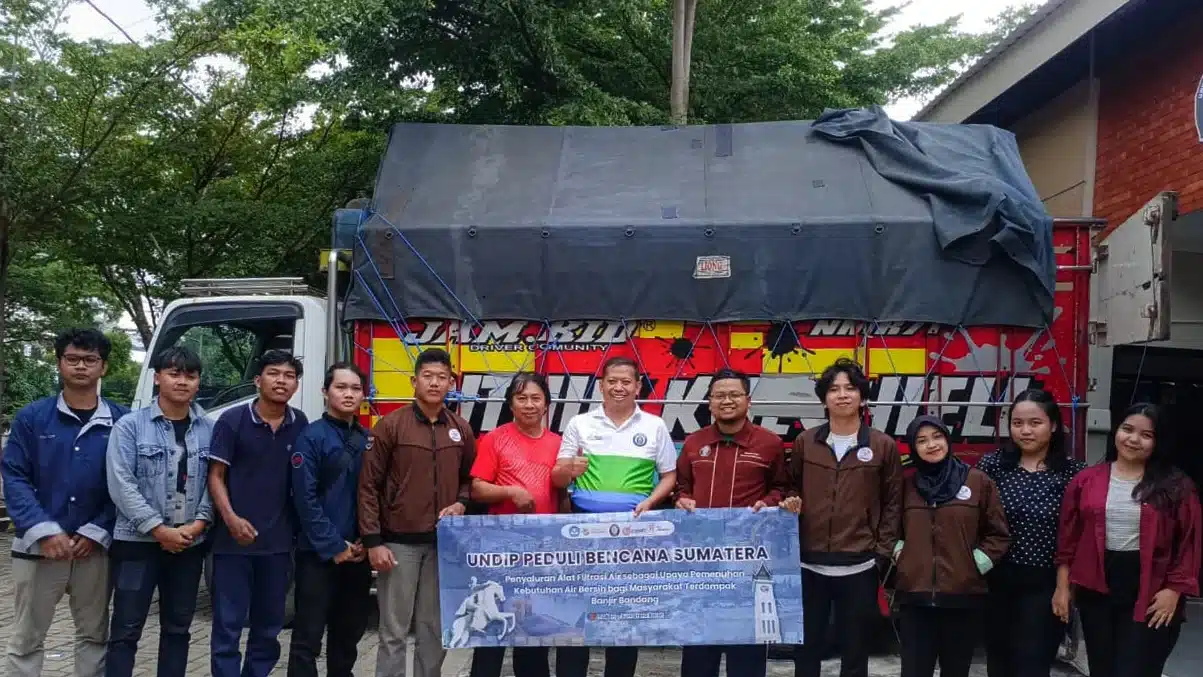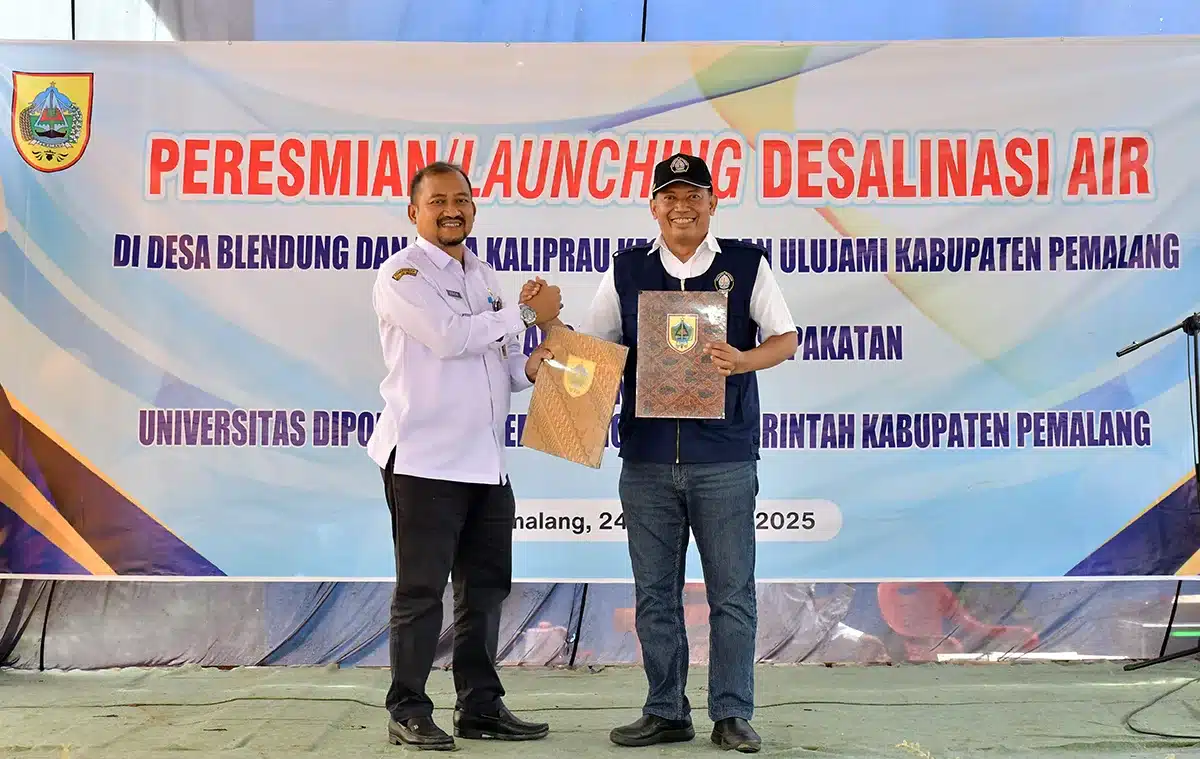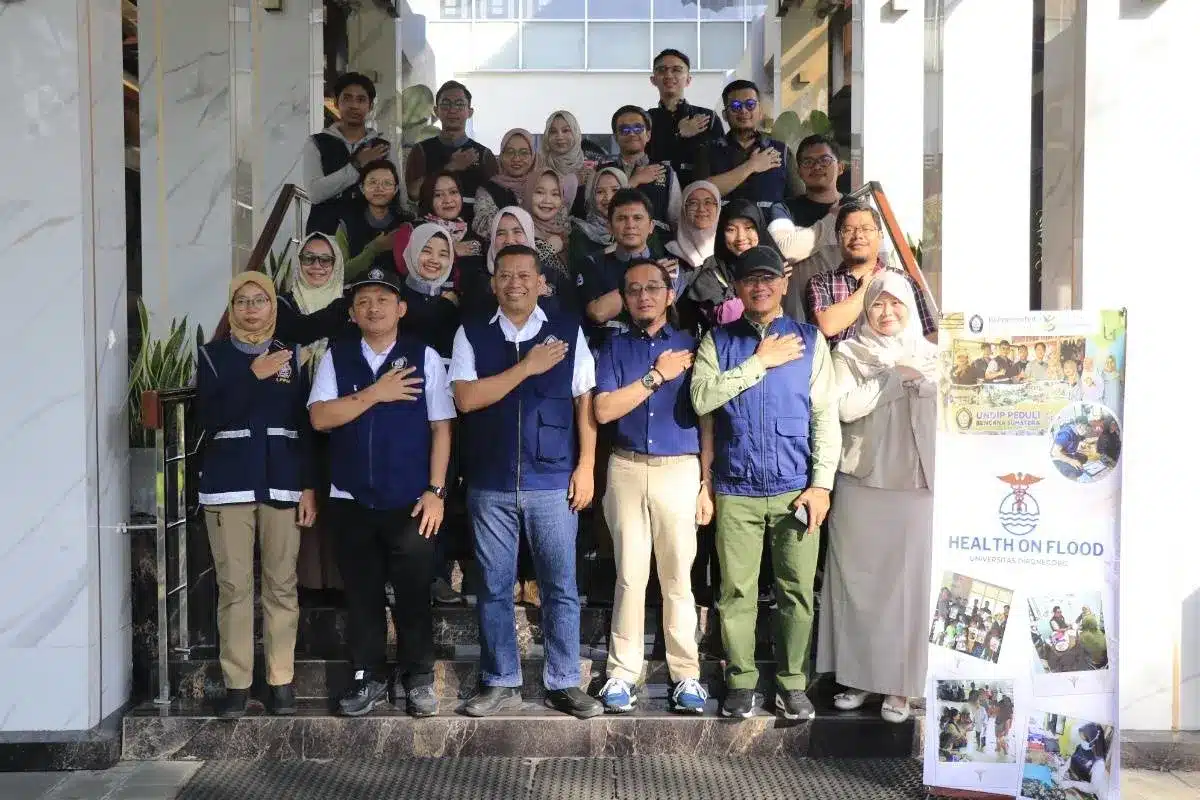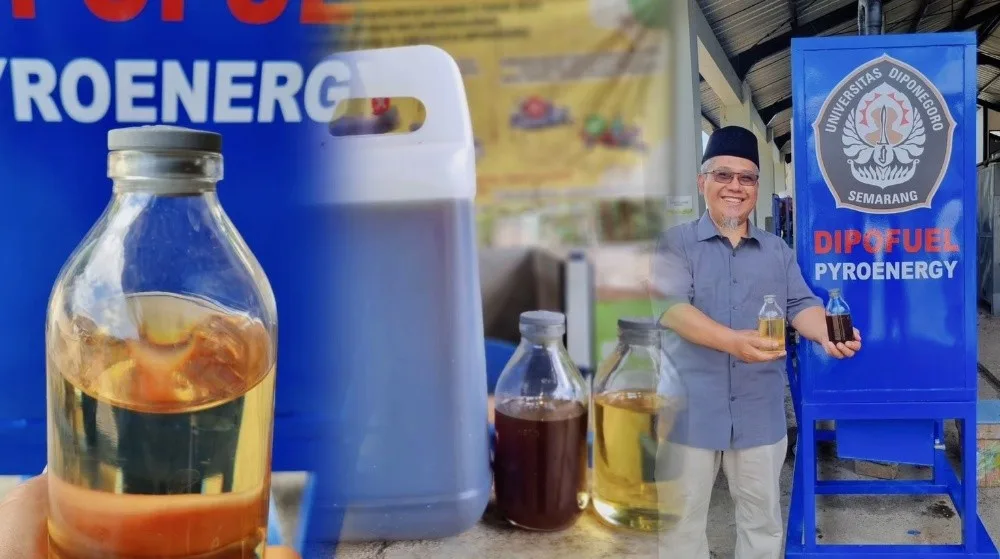“Hopefully this lecture will provide an answer on how to overcome food price surge as well as to find the best solution out of the experience and knowledge learned for the benefit of all of us,” said Prof. Dr. Ir. Bambang Waluyo Hadi Eko Prasetyo, M.S., M.Agr., IPU as the Dean of the Faculty of Animal and Agricultural Sciences at Diponegoro University who opened the Guest Lecture with the theme “Policies to Anticipate Food Scarcity and Threats, and Strategies to Overcome Food Price Surge” (13/5).
Present as resource person was Prof. Dr. Muhammad Firdaus, S.P., M.Si. (Professor of the Department of Economics, Faculty of Economics and Management, IPB. Expertise: Economics). The moderator of this event was Wahyu Dyah Prastiwi, S.Pt., M.M., M.Sc (Lecturer of the Agribusiness Study Program FPP Undip).
In his material Prof. Firdaus said that the increase in prices, especially for major food commodities, nationally had significant implications for the economy and government policies, related to purchasing power and people’s welfare. Signals of imbalance between supply and demand that occur in cooking oil, soybeans and meat need to be observed to identify the dominant factors that trigger these changes. The implication of rising prices is that food inflation is higher than that of non-food items. Therefore, the group of people whose largest expenditure is on food is experiencing great economic pressure and has the potential to become poorer.
The main critical point of food security is availability and price as determinants of purchasing power. From the supply side, domestic production that is unable to meet demand (soybean and meat) causes significant socio-economic turmoil. Changes in prices that exceed the community’s preference prices cause the same impact (the case of cooking oil). This phenomenon indicates that the turmoil occurred due to limited supply and changes in commodity prices.
“Food issues always lead to finding a balance between the interests of consumers and producers. With the coordination of the National Food Agency, it is hoped that more common ground can be achieved. In the new equilibrium condition, the Government must carefully determine the price level that is considered affordable for consumers. Good price transmission from consumers to producers for domestic procurement, or vice versa from imported sources to domestic consumers, determines the sustainability of national food supply. Various institutional innovations such as the Closed Loop model, the Warehouse Receipt System and the Farmer’s Corporation must be implemented more broadly,” he said. (Lin – Public Relations)










